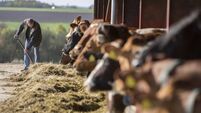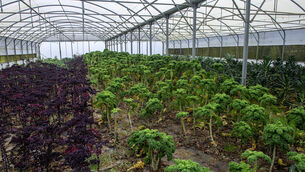Legislation proposed to help Irish cattle farmers survive

Siptu manufacturing division organiser Greg Ennis and Irish Congress of Trade Unions general secretary Patricia King contributed to the special committee on Covid-19 response on the situation in meat processing plants last month. Processors and Siptu have agreed a safety protocol to suppress Covid-19 at plants. But not all meat workers get sick pay.










